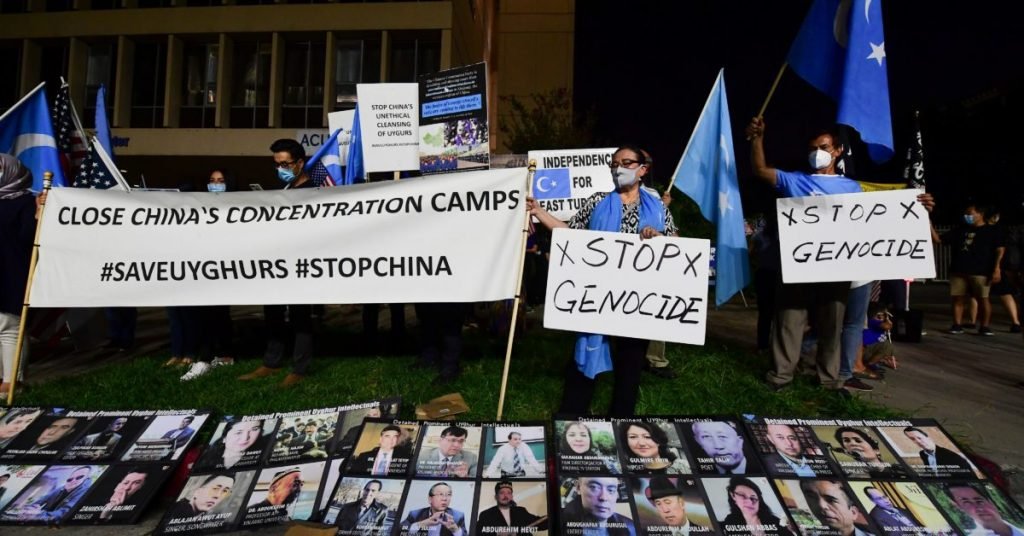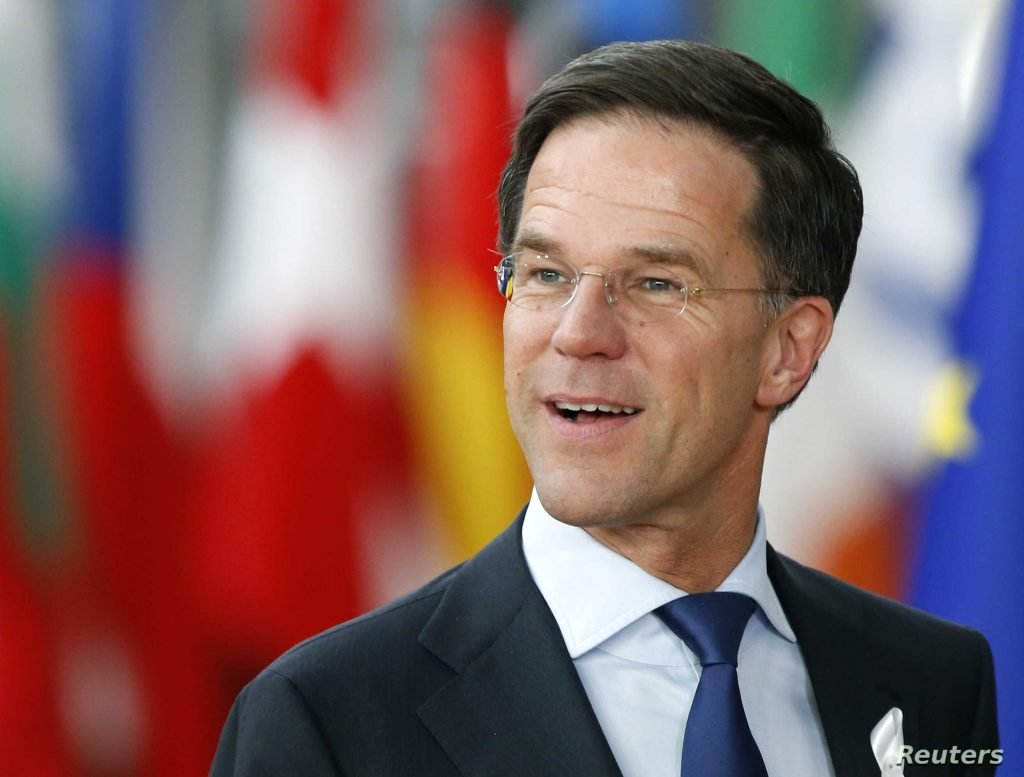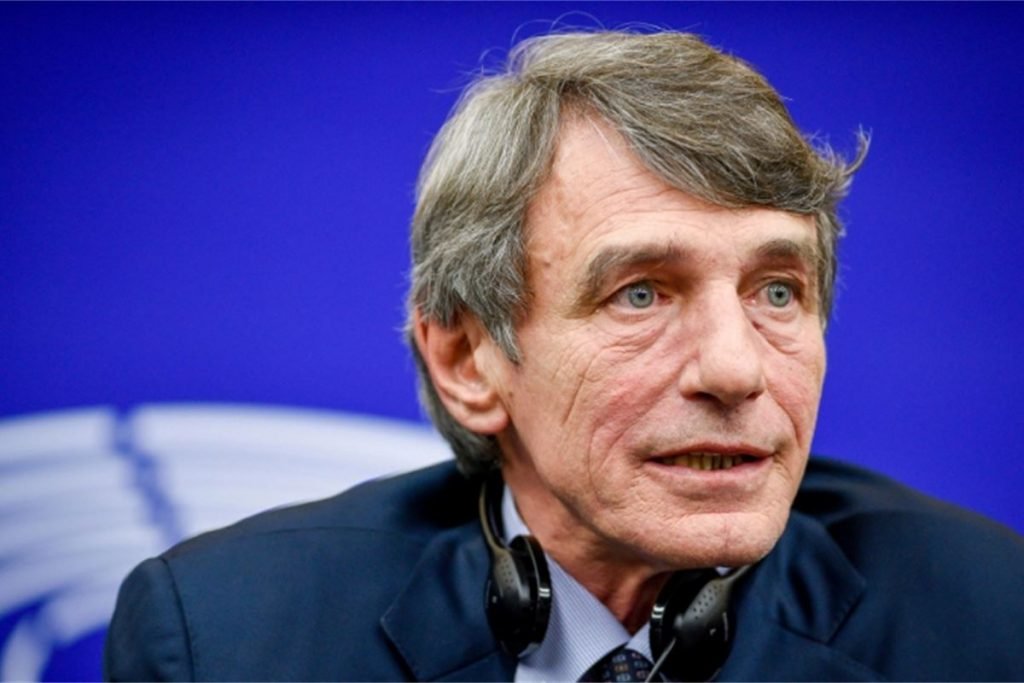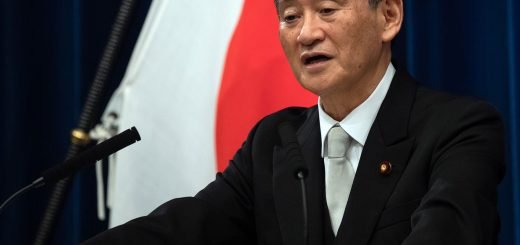West riles China with sanctions over Uighur crackdown

The European Union, the United States, Britain and Canada on Monday imposed fresh sanctions on Chinese officials over the crackdown on Uighurs and other Muslim minorities, and Beijing responded by hitting Europeans with immediate tit-for-tat measures.
Brussels, London and Ottawa blacklisted former and current officials in the Xinjiang region — Zhu Hailun, Wang Junzheng, Wang Mingshan and Chen Mingguo — over alleged abuses, which have sparked international outrage.
The coordinated strike also targeted the state-run Xinjiang Production and Construction Corps.
Washington, which had sanctioned two of those officials in July 2020, added the other two to the list on Monday.
“Acting together sends the clearest possible signal that the international community is united in its condemnation of China’s human rights violations in Xinjiang and the need for Beijing to end its discriminatory and oppressive practices in the region,” Britain’s foreign ministry said.
US Secretary of State Antony Blinken said China “continues to commit genocide and crimes against humanity in Xinjiang” and called on Beijing to “bring an end to the repression of Uighurs”.
Canadian Foreign Minister Marc Garneau said the sanctions underscore “grave concerns with the ongoing human rights violations” in Xinjiang.
The symbolic move is the first time Brussels and London — in other matters increasingly at odds with each other since Brexit — have targeted China over accusations of widespread abuses and forced labour in Xinjiang.
They last hit Beijing over human rights breaches when they imposed an arms embargo in 1989 after the Tiananmen Square crackdown.

Beijing blasted the EU measures and immediately hit back by announcing entry bans on 10 Europeans — including five members of the European Parliament — as well as two EU bodies and two think-tanks.
China’s foreign ministry said the EU’s move “grossly interferes in China’s internal affairs” and “severely undermines China-EU relations”.
Brazen and ridiculous
The retaliatory strike drew condemnation from across the political spectrum in the EU.
“Rather than change its policies and address our legitimate concerns, China has again turned a blind eye and these measures are regrettable and unacceptable,” EU foreign policy chief Josep Borrell said after a meeting of foreign ministers.
Reinhard Butikofer, a German legislator targeted by the sanctions, told AFP that China’s response was “brazen and ridiculous”.
“As the Chinese proverb says: the stone they have lifted will fall on their own feet,” he said.
The Dutch government summoned the Chinese ambassador after one of its national lawmakers was among those sanctioned.

“China’s decision is a totally unjustified response,” Prime Minister Mark Rutte said.
In France, the foreign ministry slammed the sanctions and, in a sign of rising tensions, summoned the Chinese ambassador to Paris over “unacceptable comments” he made in recent days.
Rights groups believe at least one million Uighurs and other mostly Muslim minorities have been incarcerated in camps in the northwestern region, where China is also accused of forcibly sterilising women and imposing forced labour.
China has strongly denied allegations of forced labour involving Uighurs and says training programmes, work schemes and better education have helped stamp out extremism in the region.
The EU faces a delicate balancing act over relations with China, as it treats Beijing as a rival but also a potential economic partner.
Brussels late last year sealed a major investment pact with China after seven years of negotiations, but is under pressure from the administration of new US President Joe Biden.
Biden has been looking to marshal a united front against Beijing as he drops the unilateral approach of his predecessor Donald Trump.
Blinken is currently on his way for a three-day visit to Brussels, during which he will discuss foreign policy with EU chief Ursula von der Leyen.
Blinken exchanged fiery barbs with Chinese officials during their first high-level talks last week, amid rising tensions between the rival world powers.
The European investment pact would eventually need to be approved by the European parliament — but there has been growing opposition to signing off on the deal.

Parliament chief David Sassoli insisted the Chinese move “will have consequences”.
Monday’s measures from the EU were part of a package of human rights sanctions that also included figures in Russia, North Korea, Eritrea, South Sudan and Libya.
A mechanism — designed to make it easier for the bloc to target rights abusers worldwide — was launched this month with sanctions on four Russian officials over the jailing of Kremlin critic Alexei Navalny.
The listings published in the EU’s official journal included two senior officials in Russia’s Chechnya over the persecution of gay men in the region.
They also targeted two North Korean ministers, two Libyan militia leaders, a senior commander in South Sudan’s army and Eritrea’s national security agency.


















